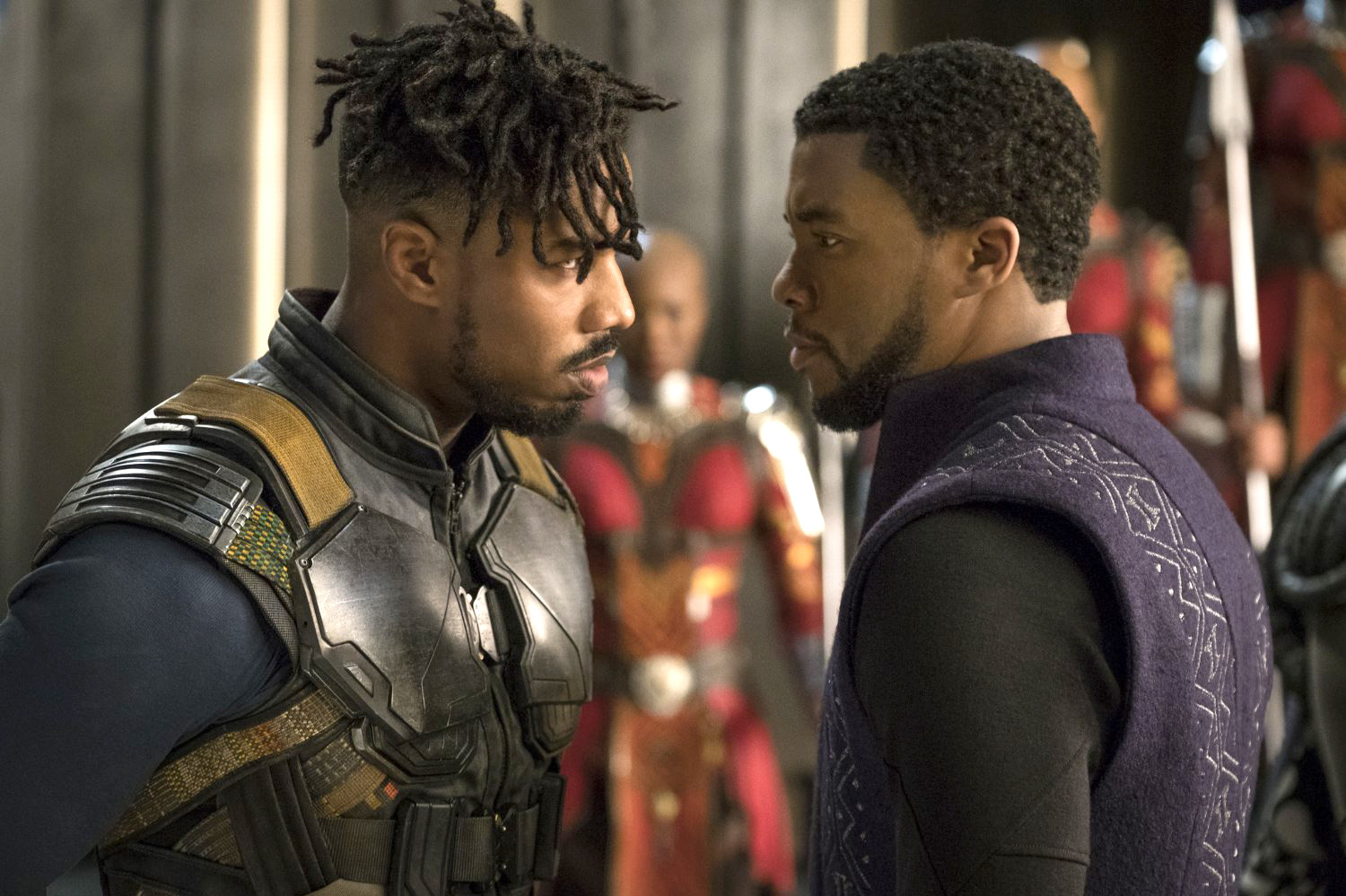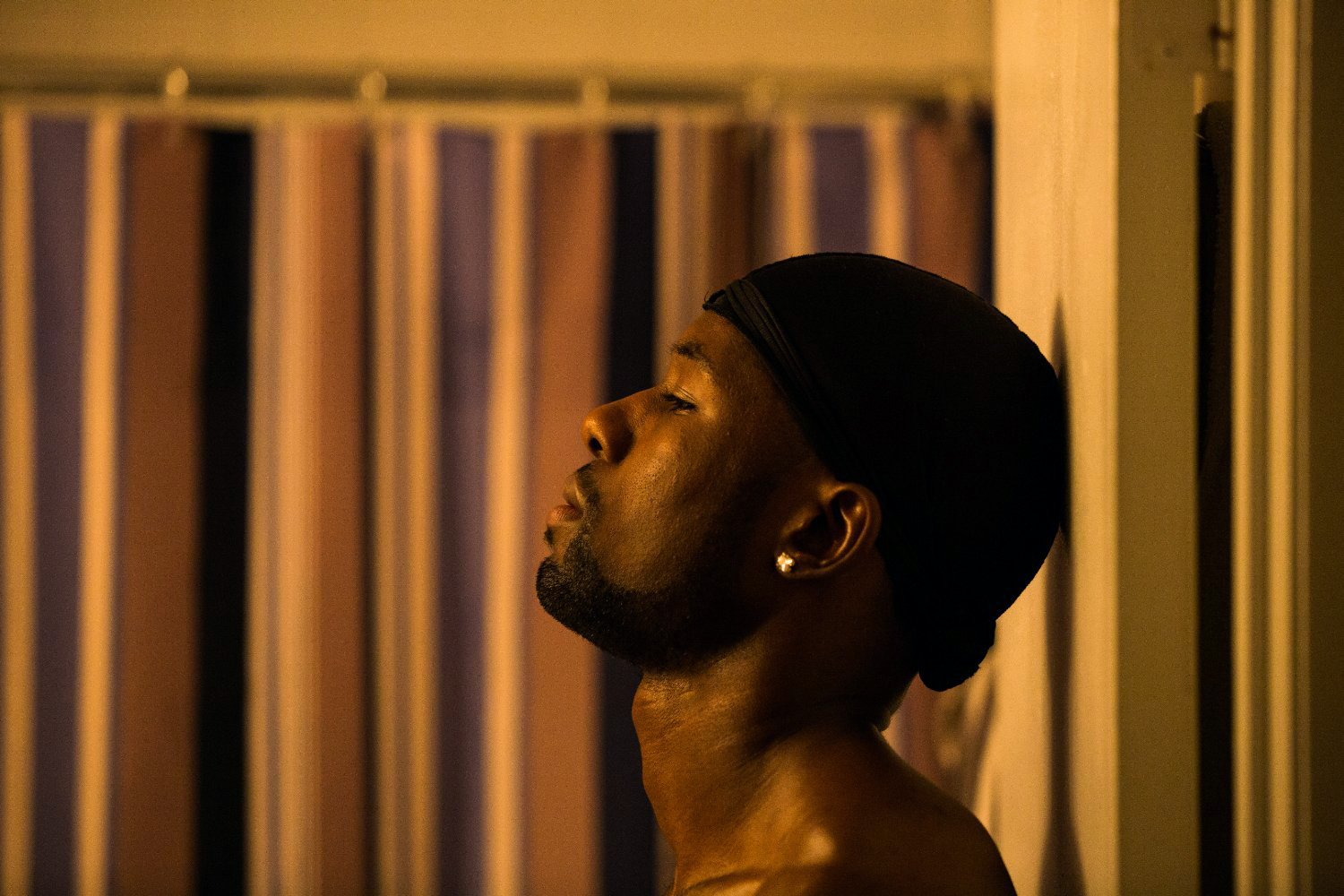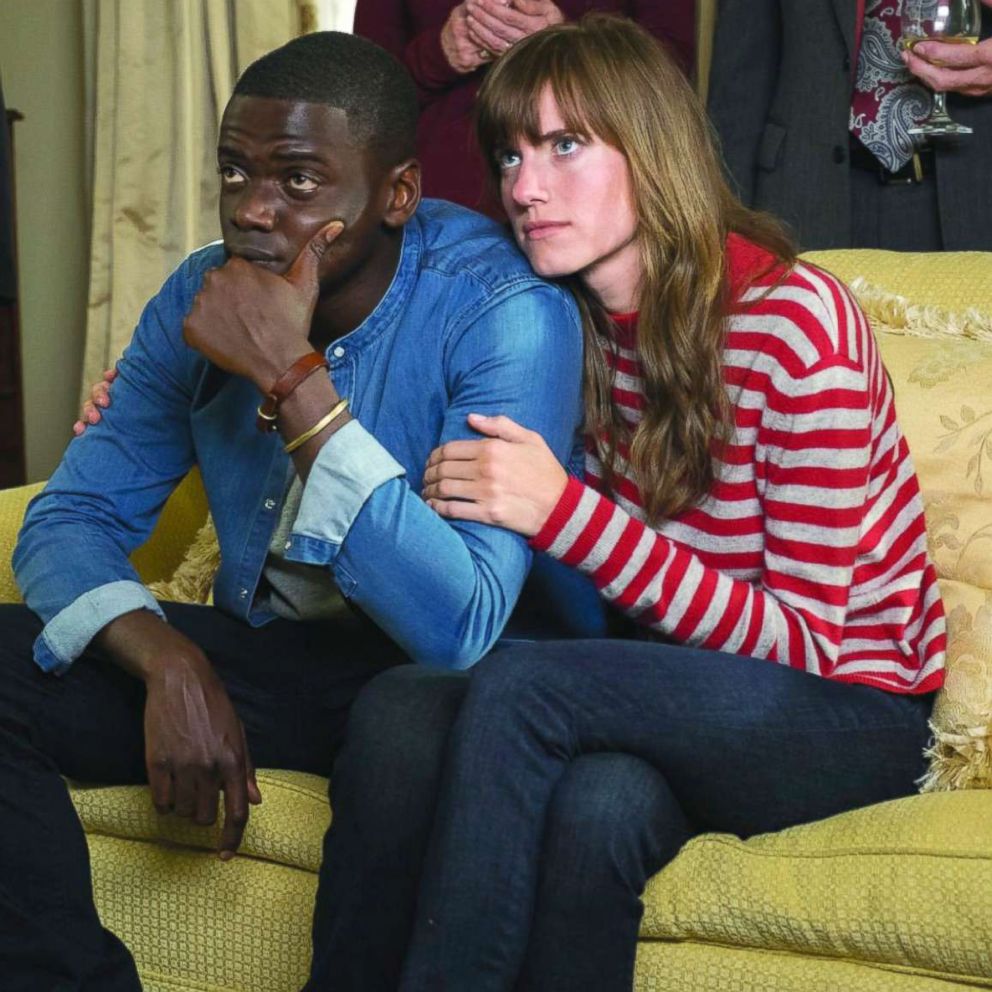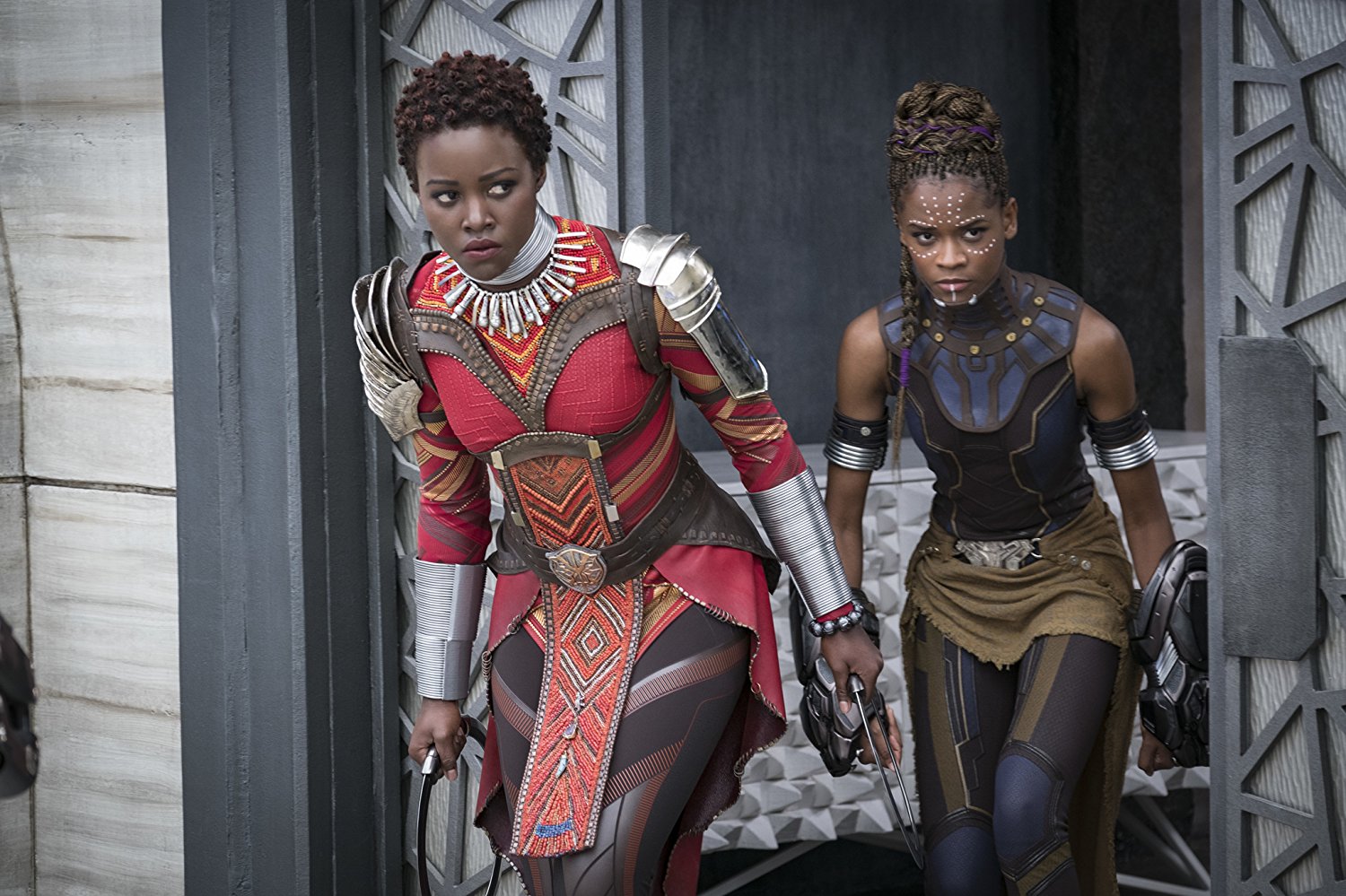Has black cinema reached a watershed moment with 'Black Panther' and 'Get Out'?
"Black Panther" is smashing box office records while "Get Out" is up for Oscars.
— -- As "Black Panther" continues to smash records and "Get Out" is lauded with awards and Oscar nominations, some wonder if we are entering a new era in black cinema.
"Black cinema is really coming of age. We have had burps in the past -- the Blaxploitation era in the '70s and a renaissance in the '90s -- but this feels bigger and more lasting to me," Tananarive Due, University of California Los Angeles (UCLA) lecturer, and author, told ABC News.
The difference, Due said, comes from more black people working within the entertainment system, including having "a brother in the room at Marvel" and a black woman at the helm of the ABC Entertainment Group, Channing Dungey.
"At the same time we see an increasing number of black gatekeepers, black creatives have more freedom," Due explained. "It's never been easier to make a film outside of the system, shoot them on their phones, crowdfund them and release them."
Some of the push for inclusion in Hollywood has come from the inside, she said, but much of it has come from the outside, too.
"Part of it is due to the hunger that black audiences have for these representations," she said. "People have been pushing -- Shonda Rhimes, Ava DuVernay, [#OscarsSoWhite creator] April Reign. And [their] pushing has an impact."
She added, "Between the freedom of creatives and the power of social media to create excitement, I think we are entering new territory."

Tambay Obenson, founder and former chief editor of the website Shadow and Act, is more cautious about calling this a defining moment in black cinema.
"We've just kind of been here before," the filmmaker told ABC News. "When one or two Hollywood films have a lot of hype... then there are similar conversations. Then, we go through a period of nothing."
He explained that black stories have become universal, which is a change from how studios once perceived them to be in the past.
"We are getting to a place that tells us that stories about black people do travel," Obenson said, "that those stories are maybe appealing and reaching people they didn’t before."

The proof is in the numbers. "Moonlight," a small budget film with a black director and an all-black cast, won the Oscar for best picture, and "Black Panther" has the biggest February box office opening ever. In just four days, the Marvel superhero flick grossed over $400 million, including $242 million at the domestic box office.
"It’s a film that black people have been waiting for, for some time with a black director, writers who are black and a black cast," Obenson said. "It's an unapologetically black film."
Meanwhile, the independent horror satire "Get Out" is up for four Oscar nominations, including best director for Jordan Peele.
"Maybe the most remarkable thing is that 'Get Out' actually got made. What other Hollywood film has there been in which we saw a black man just murder a white family and no one really blinked an eye?" Obenson said.

Due has the same sentiment for Peele's solo directorial debut film.
"'Get Out' reflects white supremacy in a way that even white people can understand," Due explained. "It's the perfect film for the Trump era, now that we are beginning to understand the deeper cost of that residual and not-so-residual racism that dogs our country."
Due, who created her UCLA class, "The Sunken Place: Racism, Survival, and the Black Horror Esthetic," around Peele's film, even had the comedian visit her class twice and make an appearance in her six-part webinar.
"I don’t think it’s an accident that afro-futurism and science fiction fantasy work is inspiring so much imagination," she said. "It reflects our world through a kind of funhouse mirror that really helps us see ourselves and grow."
While no one is quite certain of the longlasting impact of "Get Out" and "Black Panther" on Hollywood, both Due and Obenson said the cultural impact of these films will be more immediate.

"It’s the biggest budget expression of... black appreciation," Due said about "Black Panther." "Appreciation for our myths, our lost history, our skin color. Just the brown skin alone is electrifying, much less when you add how powerful they are. There really is no way to calculate the impact of something like that."
Obenson also noted that he believes "Black Panther" will resonate particularly with black women.
"It's a cast made up of a lot of strong black female characters, including dark-skinned black women, acting in a way that young black girls are not used to seeing themselves in Hollywood-backed studio films," he said.
As far as what will become of the success of these black films on Hollywood and American society, he went on to add: "We have to see where we are next year. I don’t want to get too excited until I see things happening -- then, I will be celebrating."
Marvel and ABC News are both owned by parent company Disney.




